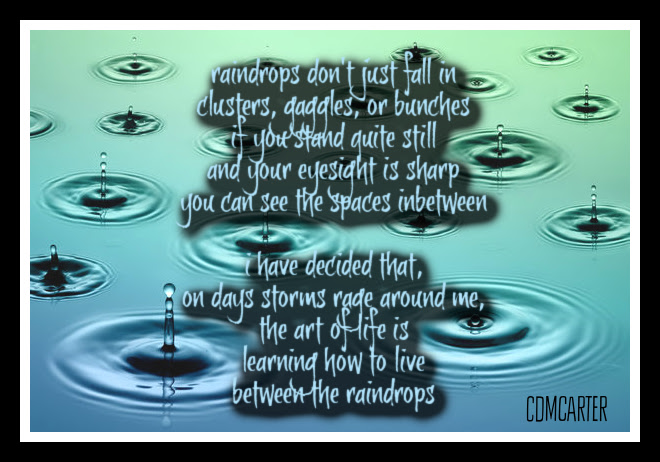Saadi Youssef
 Saadi Youssef was born in 1934 in Iraq and is considered one of the most important contemporary poets in the Arab world. Following his experience as a political prisoner in Iraq, he has spent most of his life in exile, working as a journalist throughout North Africa and the Middle East. He now lives in London, where he is also a leading translator of English literature into Arabic. (Poetry Foundation)
Saadi Youssef was born in 1934 in Iraq and is considered one of the most important contemporary poets in the Arab world. Following his experience as a political prisoner in Iraq, he has spent most of his life in exile, working as a journalist throughout North Africa and the Middle East. He now lives in London, where he is also a leading translator of English literature into Arabic. (Poetry Foundation)
Youssef studied Arabic literature in Baghdad. He was influenced by the free verse of Shathel Taqa and Abd al-Wahhab Al-Bayyati and was also involved in politics from an early age, At the time his work was heavily influenced by his socialist and pan-Arab sympathies but has since also taken a more introspective, lyrical turn. He has also translated many well-known writers into Arabic, including Oktay Rifat, Melih Cevdet Anday, Garcia Lorca, Yiannis Ritsos, Walt Whitman and Constantine Cavafy. Since leaving Iraq, Youssef has lived in many countries, including Algeria, Lebanon, France, Greece, and Cyprus.
In 2004, the Al Owais Prize for poetry was given to Youssef . In 2007 Youssef participated in the PEN World Voices festival where he was interviewed by the Wild River Review. In 2014, Youssef’s poems were banned by the Kurdistan Regional Government in school books because of a poem, where he referred to Kurdistan as “Qardistan,” which loosely translates to “Monkey-istan”. He has published thirty volumes of poetry and seven books of prose. (Wikipedia)
`
I’ve never read anything by Youssef before, but this little poem tickled me. It’s translated from Arabic, but I’m STILL trying to figure out what, exactly, it says to me!
““““
Attention
Those who come by me passing
I will remember them,
and those who come heavy and overbearing
I will forget.
This is why
when air gushes between muntains
we describe the wind
and forget the rocks.
`
`
Picture Sources:
Saadi Youussef — poemhunter.com
Canyon — Alamy

I understand the sentiment, but find the wording slighty harsh. I expect it sounds less harsh in Arabic 🙂
LikeLiked by 1 person
I did find it awkward. I wondered what it sounded like/meant in Arabic… But the truth of it didn’t escape me. 😀
LikeLiked by 1 person
I’m wondering if the poet translated it himself, I’m guessing he probably did, if so he most likely retained much of his original meaning. Intriguing words in that poem, quite thought-provoking.
LikeLiked by 1 person
It was translated from Arabic by Khaled Mattawa. It’s interesting, isn’t it…
LikeLiked by 1 person
Thank you for the info, i’ll have to read again. I thought the poet was fluent in english so would maybe have translated himself. I’d love to see and hear the poem in it’s original language even though i wouldn’t understand it. in a way translations of poems become a unique new poem. it is indeed very interesting.
LikeLiked by 1 person
Absolutely true. Sometimes the translations don’t even seem like the same subject! Tricky business, and not every interpreter is good at it, I reckon…
LikeLike
I prefer those people who are a warm, pleasant breeze.
LikeLiked by 1 person
As opposed to an ice storm? 😉
LikeLike